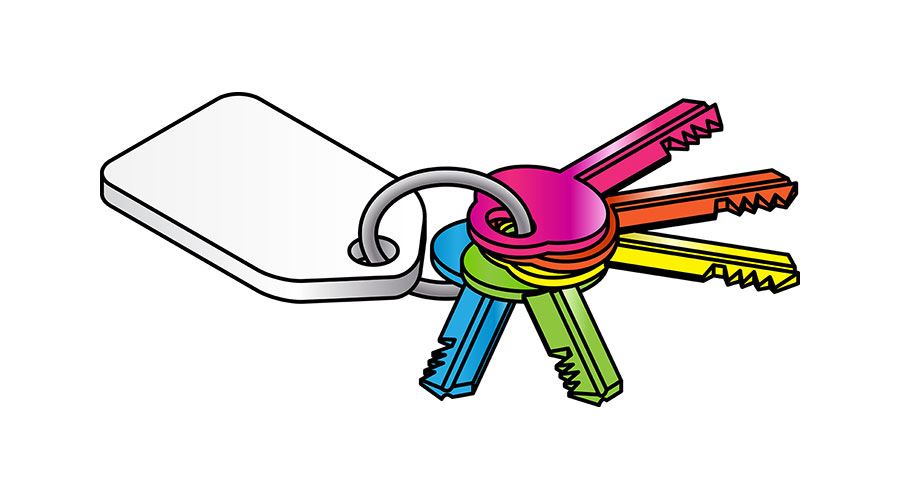
Most of us can certainly say that 2021 was an improvement on 2020. Many of us came to the end of 2021 feeling very hopeful and encouraged as we felt the worst was behind us.
Then the Omicron variant entered the picture and quickly changed (and perhaps even dashed) some of these hopes. None of us could have predicted that such a highly transmissible variant would come along. I am hopeful, though, that the end is finally in sight. It might be foolish to make another prediction, but I think we must believe we are in the final stages of this pandemic.
Why am I so hopeful?
We all know that healthcare offices can adapt despite all the measures and protocols required to keep staff and patients safe. We know a lot more about SARS-CoV-2 today than we did 18 months and three waves ago. Whether you choose to be vaccinated or not, the fact is that we at least have more protection against severe illness due to COVID-19.
It is true that during something like a pandemic, practice owners must be more vigilant at business planning. Ideally, this should be an exercise undertaken at the start of every new year but as we move forward there are always the same questions that must be asked in order to achieve success. Perhaps, as you read through them, you may see these are the same questions that should have been asked prior to the pandemic.
How well do you know your patients?
Any growth that one wishes to attain in practice, must begin with this. The COVID-19 crisis has reinforced what we already know: we must communicate in very clear and precise terms. In other words, speak to your patients (through social media, in person etc.) and share information in language that means something to them. The pandemic has taught us that any messages we share must be relevant. Personal/human connections were even more important in the last 18 months when social distancing became a way of life.
Are you retaining and increasing referrals by ensuring the last best experience your patient had?
There is no doubt that all our expectations were already on the rise before COVID-19. But when the coronavirus hit, digital transformation accelerated overnight. Savvy owners focused on improving their social media presence to communicate and educate patients as well as potential patients. In-person appointments became very different due to PPE protocols and social distancing, thus making personal experiences even more challenging. Again, the smart practice owner ensured that patients felt appreciated and valued.
Do people feel valued in your office?
COVID-19 has placed a new emphasis on relationships. Staffing during the pandemic has proven to be a massive challenge and point of stress for owners. Successful owners have worked very hard to capitalize on the strength of their bonds prior to March 2020. Trust and integrity are fundamental to driving practice success. Trust will be built by and rewarded to those that listen to the needs of staff (and patients) and then craft solutions to meet those needs.
How flexible have you become? Like it or not, COVID-19 has created an irreversible trend for owners to be nimble and adapt quickly. Hopefully, this crisis has helped to create a mindset of responsiveness that is likely to be permanent. Never take things for granted and run-on auto pilot. Always continue to observe and listen. Flexibility enables one to make faster decisions.
Have leadership skills improved?
COVID-19 has created a leadership culture of collaboration combined with the urgent need for resilience. A good leader is pro-active. There is no doubt that news of the 4th wave and of newer variants of concern on the horizon is upsetting. But if we look at pandemics of the past, subsequent waves have been part of their life cycles as well.
The purpose of these questions is merely to illustrate the importance of developing and implementing strategies that are essential to maintain practice value and to drive growth in a post-Covid-19 world. We all know that we cannot continue to do things the way we always have.
No doubt we have had to become accustomed to adjusting and changing. However, my hope is that even in a pandemic we have comfort in knowing that the answers to these questions should have been a priority prior to the pandemic. Despite what is currently happening, one can be successful if they choose to be. At least in 2022, a fresh start enables owners to prioritize the critical things that influence success.
It is a fact that the pandemic will create huge lasting changes that will take years to fully understand, which can feel scary. Yuval Noah Harari, once wrote that, “people are usually afraid of change because they fear the unknown. But the single greatest constant of history is that everything changes.”
The world has adapted to big disruptions before, and we will do it again.

JACKIE JOACHIM
Jackie has 30 years of experience in the industry as a former banker and now the Chief Operating Officer of ROI Corporation. Please contact her at Jackie.joachim@roicorp.com or 1-844-764-2020.



















